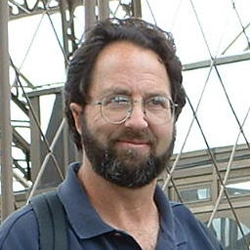Physician in the Dark
by Neil Shepard
That skull had a tongue in it, and could sing once.
—Hamlet, William Shakespeare
Hall’s Croft, Stratford-on-Avon, autumn, 1616
John Hall swirls the urine
in a glass then assays what he sees—
fire and air, choler and melancholy,
Jupiter and Mercury, all out of balance—
so the patient must be bled,
a mixture of marjoram, nightshade,
ageratum, and toadstool concocted,
swirled in a glass beaker over blue flame—
for this patient is important—yes,
every patient is so, but so impatient
for a cure, and John Hall knows enough
to know he’s working in the dark—
for hasn’t his colleague Harvey
just turned the world on its head
with his theory of the blood’s
circulation, so now bleeding a patient
with a straight lancet might belie
the very health of the circle
blood makes in its journey
through the body—this moment,
there’s nothing to be done
about what we don’t know—
this moment, John Hall’s patient
is dying beneath his hands
and will be dead, in any event,
before Harvey or that Dutchman
refines his lenses sufficiently
to see what he has been saying
is an invisible world—
a world to which we all go
at our ends, in any case,
mutters John Hall—as he turns
to his patient, his own wife’s
father, her dear William, who knows—
and now, almost, knew—more than most men
what the good physician knows
every mortal day of his profession—
that skull had a tongue in it, and could sing once.
NB: When this poem appeared in HR39, the epigraph was inadvertently omitted.
First published in Harvard Review 39
Published on April 18, 2011

